Narendra Modi: The Visionary Leader Who Changed India’s Path
Narendra Modi, the 14th Prime Minister of India, is one of the most prominent and influential political leaders of the 21st century. Known for his charismatic leadership, economic reforms, and bold policies, Modi has played a significant role in shaping modern India’s identity and its standing on the global stage. His journey from a humble background to the highest political office in the country is a remarkable tale of perseverance, vision, and determination. This article will explore the life, contributions, daily life impacts, and legacy of Narendra Modi, as well as his role in transforming India.
Early Life and Education
Narendra Modi was born on September 17, 1950, in Vadnagar, a small town in Gujarat, India. Raised in a family of modest means, Modi’s early life was marked by struggles and resilience. He worked at his father’s tea stall as a child, which instilled in him a strong work ethic and a sense of community. This early exposure to grassroots life played a crucial role in shaping his political career later.
Modi completed his schooling in Vadnagar, where he was known for his sharp intellect. He later earned a bachelor’s degree in political science from the University of Delhi, followed by a master’s degree in the same subject from Gujarat University. His academic achievements were complemented by his interest in social causes and political activism, which would shape his leadership style in the years to come.
Political Journey and Rise to Power
Narendra Modi’s political journey began with his involvement in the Rashtriya Swayamsevak Sangh (RSS), a Hindu nationalist organization. His leadership skills were quickly recognized, and he was assigned various roles within the RSS, eventually leading to his entry into mainstream politics. Modi joined the Bharatiya Janata Party (BJP) in the early 1980s, where he gained prominence for his organizational abilities and strategic thinking.
In 2001, Modi was appointed the Chief Minister of Gujarat, a position he held until 2014. During his tenure as Chief Minister, Modi transformed Gujarat into one of India’s most prosperous states. His policies focused on infrastructure development, industrial growth, and effective governance. Gujarat’s remarkable economic progress during this period earned him a reputation as a leader with a vision for development and progress.
In 2014, Modi led the BJP to a sweeping victory in the general elections, securing a historic mandate and becoming the Prime Minister of India. His leadership in the 2014 and 2019 elections further cemented his position as one of the most influential political figures in modern Indian history.
Key Policies and Achievements
Narendra Modi’s tenure as Prime Minister has been marked by numerous landmark policies and initiatives that have shaped India’s political and economic landscape.
- Make in India
One of It’s flagship initiatives, Make in India, aimed to turn India into a global manufacturing hub by encouraging domestic and foreign companies to invest in India’s manufacturing sector. The initiative led to increased foreign direct investment (FDI) and helped boost India’s manufacturing sector, creating millions of jobs. - Digital India
It’s Digital India campaign aimed to transform India into a digitally empowered society. This initiative focused on improving internet connectivity, digital literacy, and e-governance, enabling millions of people, especially in rural areas, to access government services online. - Swachh Bharat Abhiyan
The Swachh Bharat Abhiyan (Clean India Mission) was launched to promote cleanliness, sanitation, and hygiene across India. The campaign played a crucial role in improving public health, reducing open defecation, and promoting environmental consciousness among citizens. - GST (Goods and Services Tax)
The introduction of GST in 2017 was a landmark reform in India’s tax system. This comprehensive tax reform unified India’s fragmented tax structure into a single, streamlined system, making it easier for businesses to operate across states and boosting economic growth. - Atmanirbhar Bharat (Self-Reliant India)
In response to the COVID-19 pandemic, Modi launched the Atmanirbhar Bharat campaign, encouraging Indian businesses to become self-reliant and reduce dependency on foreign imports. This initiative aimed to boost local manufacturing, create jobs, and enhance India’s global competitiveness. - Foreign Policy and Global Influence
it’s leadership on the global stage has helped enhance India’s diplomatic and economic relations with various countries. His foreign visits have strengthened ties with major global powers, and his proactive approach to international trade, defense, and climate change has positioned India as an emerging global leader.

Daily Life and Leadership Style
Narendra is known for his disciplined and workaholic nature. His daily life revolves around his commitments to the nation, with long working hours and a focus on decision-making. Despite his hectic schedule, Modi maintains a sense of personal discipline, which includes regular yoga and meditation, practices that help him manage stress and maintain focus.
It’s leadership style is characterized by decisiveness and a deep sense of commitment to national progress. His speeches often highlight themes of nationalism, unity, and self-reliance, and he consistently encourages citizens to participate in the country’s growth journey.
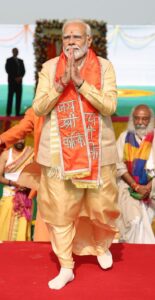
Challenges and Criticisms
While It has been lauded for his transformative policies, he has also faced criticism, particularly in relation to issues of governance and social harmony. Critics argue that some of his policies, such as demonetization and the Citizenship Amendment Act (CAA), have led to social unrest and economic disruption. His approach to handling religious and communal issues has also drawn scrutiny from certain sections of society.
Nonetheless, Modi’s supporters contend that his policies have helped India emerge as a global powerhouse, emphasizing economic growth, technological advancement, and a focus on national pride.
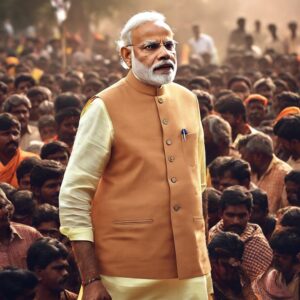
Legacy and Significance
Narendra legacy is likely to be defined by his ability to navigate complex political challenges, implement bold economic reforms, and strengthen India’s standing on the global stage. His tenure has been marked by an unwavering commitment to economic growth, infrastructure development, and social transformation.
For many, Modi represents the face of modern India—a nation that is ambitious, resilient, and eager to reclaim its place in the world. His policies have empowered millions of Indians, particularly those from marginalized communities, and his efforts to foster economic self-reliance and digital inclusivity are seen as essential steps in building a robust and sustainable future for India.

FAQs about Narendra
Q1: What is Narendra leadership style?
Narendra Modi is known for his decisive, action-oriented leadership. He focuses on long-term strategic goals, often prioritizing national development, economic growth, and global influence.
Q2: What are some of Narendra key initiatives?
Modi’s key initiatives include Make in India, Digital India, Swachh Bharat Abhiyan, and Atmanirbhar Bharat, all aimed at boosting India’s economic growth, infrastructure, and global competitiveness.
Q3: How has impacted India’s foreign policy?
Modi has strengthened India’s relationships with major global powers, enhancing India’s influence in international trade, defense, and global diplomacy.
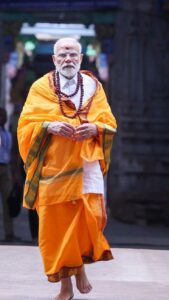
Narendra Modi’s leadership has undeniably shaped modern India’s growth trajectory. His vision for a self-reliant, globally competitive, and technologically advanced India has propelled the country toward new heights. Whether you admire or critique his approach, there’s no denying the profound impact he has had on India’s development and its place in the world.
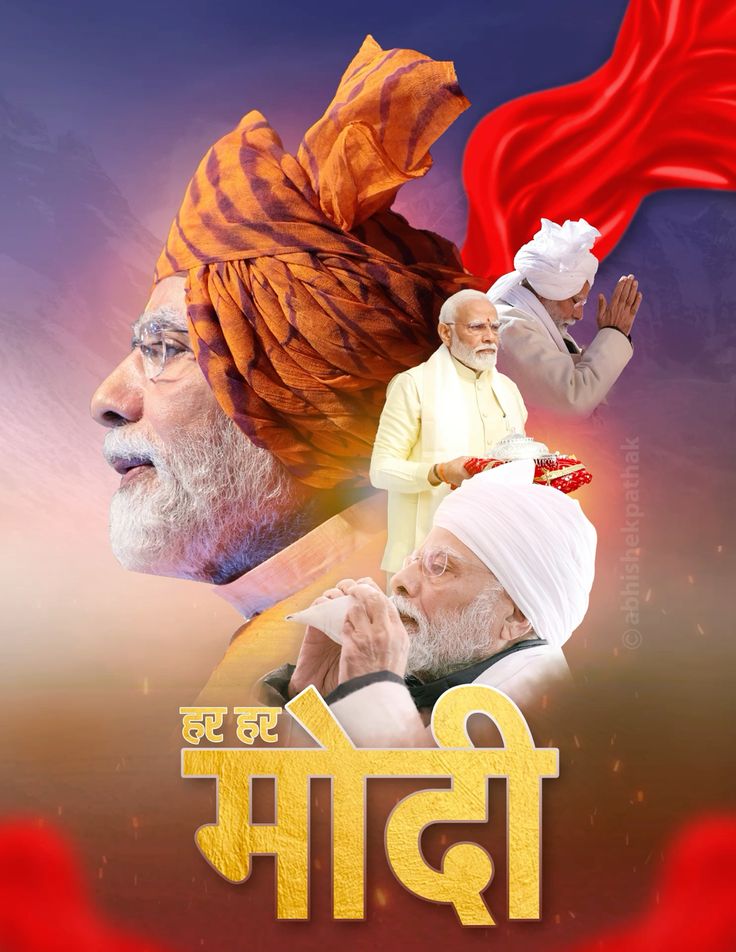

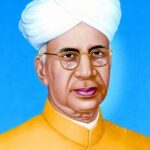








Access detailed information about the Audemars Piguet Royal Oak Offshore 15710ST on this site , including pricing insights ranging from $34,566 to $36,200 for stainless steel models.
The 42mm timepiece showcases a robust design with selfwinding caliber and durability , crafted in titanium.
Unworn AP Royal Oak Offshore 15710 st price
Check secondary market data , where limited editions fluctuate with demand, alongside rare references from the 1970s.
Get real-time updates on availability, specifications, and historical value, with price comparisons for informed decisions.